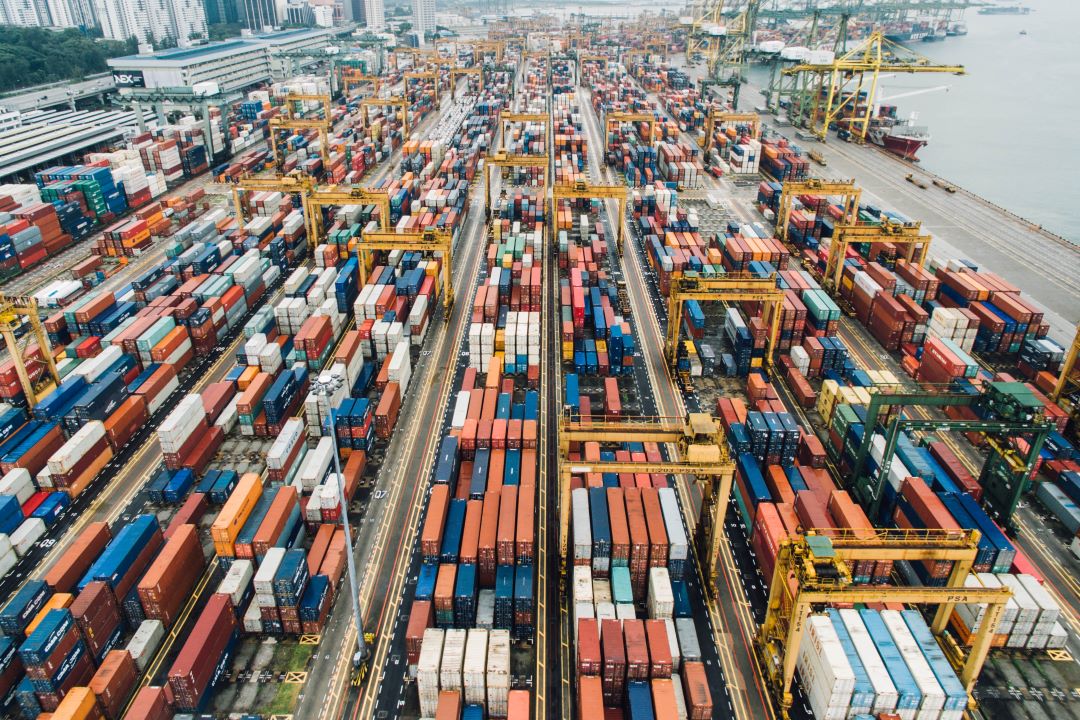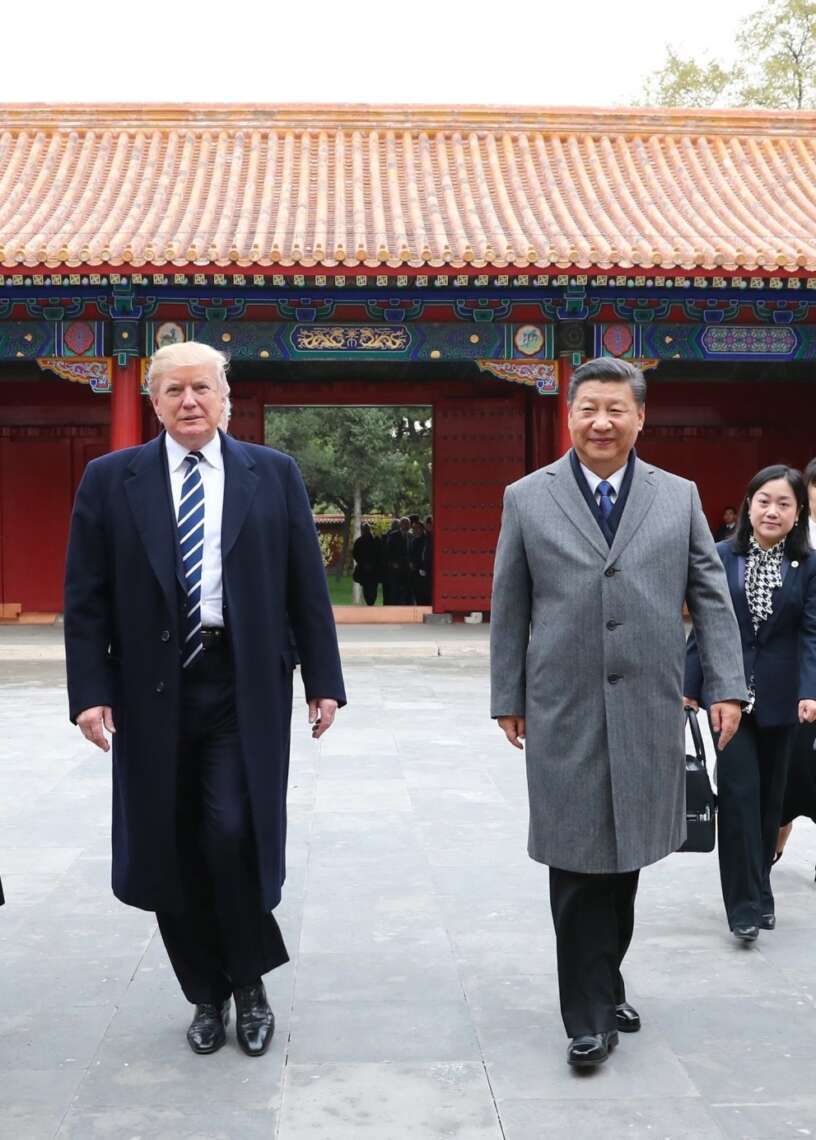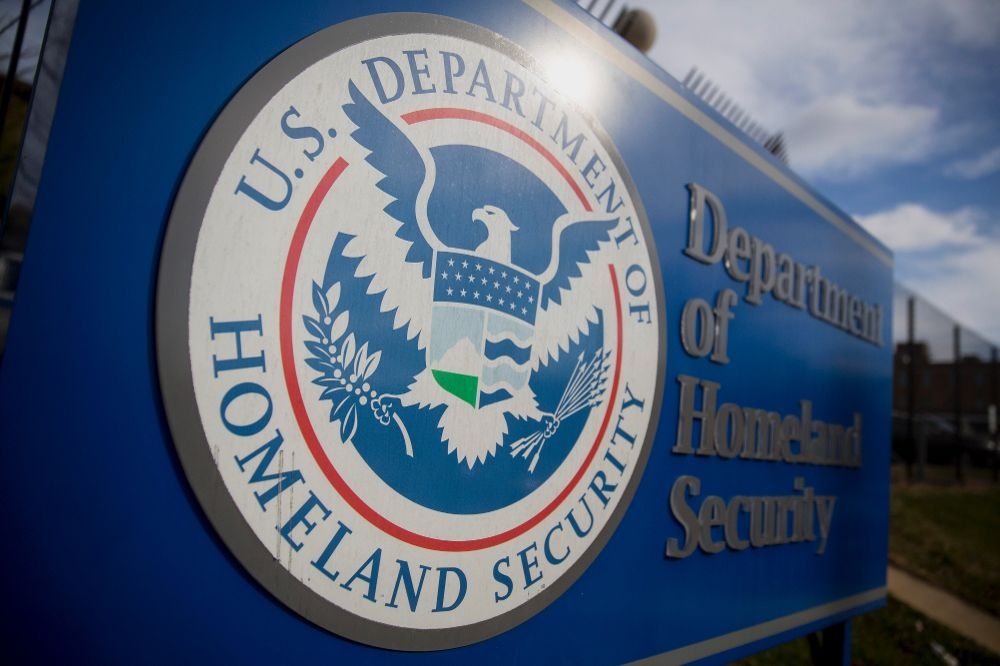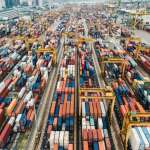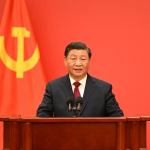Trump’s universal tariffs on China total 145%. When Trump announced Wednesday that China faced 125% tariffs, he did not include a 20% tariff on China tied to its role in fentanyl production
China announced countermeasures by raising tariffs on US goods from 84% to 125% starting Saturday. The US and China have escalated a new trade war by raising tariffs even as US President Donald Trump hit a pause on tariffs for other countries. China notably had said it would fight the American tariffs with its own countermeasures, calling Trump’s actions “economic bullying,” which led Trump to retaliate by continuously hiking up tariffs this week.
Trump’s universal tariffs on China total 145%. When Trump announced Wednesday that China faced 125% tariffs, he did not include a 20% tariff on China tied to its role in fentanyl production.
Trump’s actions led business executives to warn of a potential recession, and some of the top US trading partners to retaliate with their own import taxes, before the pause. But Trump and China continued raising the tariffs in a tit for tat.
“The US alternately raising abnormally high tariffs on China has become a numbers game, which has no practical economic significance, and will become a joke in the history of the world economy,” a Finance Ministry spokesman said in a statement announcing the new tariffs. “However, if the US insists on continuing to substantially infringe on China’s interests, China will resolutely counter and fight to the end.”
China’s Commerce Ministry said it was filing another lawsuit with the World Trade Organization against the US tariffs. Beijing last week suspended sorghum, poultry and bonemeal imports from some American companies, and put more export controls on rare earth minerals, critical for various technologies, and put a few dozen American companies on lists that would prevent Chinese companies from selling them dual-use goods. Given the size of the two economies, experts fear global economic turmoil.
The head of the WTO, Ngozi Okonjo-Iweala, said earlier this week that the trade war between the US and China could “could severely damage the global economic outlook.”
Beijing puts curbs on Hollywood film imports
China said on Thursday it would immediately restrict imports of Hollywood films in retaliation for President Donald Trump’s escalation of US tariffs on imported Chinese goods, targeting one of the most high-profile American exports. Industry analysts said the financial impact was likely to be minimal, however, because Hollywood’s box office returns in China have declined significantly in recent years.
After three decades during which China imported 10 Hollywood movies per year, Beijing’s National Film Administration said Trump’s tariff actions would further sour domestic demand for US cinema in China.
“We will follow market rules, respect the audience’s choices, and moderately reduce the number of American films imported,” the NFA said on its website. Hollywood studios once looked to China, the world’s second-largest film market, to help boost box office performance of movies. But domestic movies increasingly have outperformed Hollywood’s fare in China, with “Ne Zha 2” this year eclipsing Pixar’s “Inside Out 2” to become the highest-grossing animated film of all time.
Chris Fenton, author of “Feeding the Dragon: Inside the Trillion Dollar Dilemma Facing Hollywood, the NBA, and American Business,” said limiting US-made films was a “super high-profile way to make a statement of retaliation with almost zero downside for China.”
Hollywood films account for only 5 percent of overall box office receipts in China’s market. And Hollywood studios receive only 25 percent of ticket sales in China, compared with double that in other markets, Fenton said.
“Such a high-profile punishment of Hollywood is an all-win motion of strength by Beijing that will surely be noticed by Washington,” Fenton added. Trump did not jump to Hollywood’s defense. “I think I’ve heard of worse things,” the president said when asked about China’s restrictions.
Many Hollywood celebrities supported Trump’s Democratic opponent in last year’s election. One entertainment industry source predicted that big Hollywood blockbusters, which continue to attract moviegoers in China, may still reach the big screen. Walt Disney’s Marvel superhero movie “Thunderbolts,” which kicks off the summer blockbuster season, recently received permission to debut in China on April 30.
It was not clear if China would approve the entry of other major releases this summer, such as Paramount’s “Mission Impossible — The Final Reckoning,” which may mark Tom Cruise’s last appearance in the long-running franchise, Warner Bros’ new “Superman” movie from “Guardians of the Galaxy” filmmaker James Gunn, and Marvel’s new take on “The Fantastic Four.
IMAX said it expects the slate for its large-format screens, which includes Hollywood, Chinese and international films, would not be materially impacted by the restrictions.
“We continue to expect a strong year for IMAX in China, coming off our highest-grossing first quarter ever in the country,” an IMAX spokesperson said in a statement to Reuters.
Seth Shafer, principal analyst at S&P Global Market Intelligence Kagan, predicted the restrictions would have limited impact.




